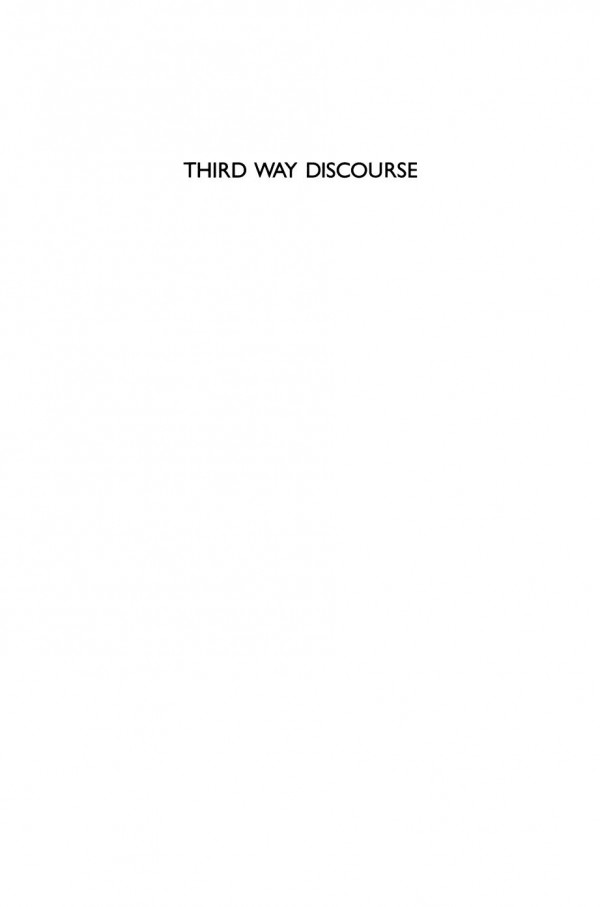

Most ebook files are in PDF format, so you can easily read them using various software such as Foxit Reader or directly on the Google Chrome browser.
Some ebook files are released by publishers in other formats such as .awz, .mobi, .epub, .fb2, etc. You may need to install specific software to read these formats on mobile/PC, such as Calibre.
Please read the tutorial at this link: https://ebookbell.com/faq
We offer FREE conversion to the popular formats you request; however, this may take some time. Therefore, right after payment, please email us, and we will try to provide the service as quickly as possible.
For some exceptional file formats or broken links (if any), please refrain from opening any disputes. Instead, email us first, and we will try to assist within a maximum of 6 hours.
EbookBell Team

4.1
70 reviewsThe 'Third Way' has been hailed by European social democrats as the ideology of the 'radical centre'. Steering a route between state collectivism on the one hand, and market-led neo-liberalism on the other, it promises a new form of governance based on principle not dogma. But third way thinking is not a new phenomenon, and nor is it exclusively of the left. Similar ideas were developed throughout the twentieth century and across the political spectrum, from fascism to ecologism. This book introduces the history of third way ideology, surveys its various contrasting forms and locates it within the context of a recurrent crisis of modern European ideologies.
The authors apply a theoretical approach that draws upon contemporary theories of discourse. Understood discursively, third way ideas seek to displace received ideological dichotomies and fashion a sense of common moral purpose and identity at times of accumulated social dislocation. Rather than focus narrowly on issues of public policy, Bastow and Martin analyse the third way as an ideological structure, highlighting in particular its rhetorical features and diverse forms.
Key Features
The aim of this book is to offer an informed introduction to the key variants of third way thinking in Europe as they have developed over the course of the 20th century, ranging from right to left on the political spectrum, thereby widening students' theoretical and historical understanding of current arguments within European Social Democracy.
Key Features